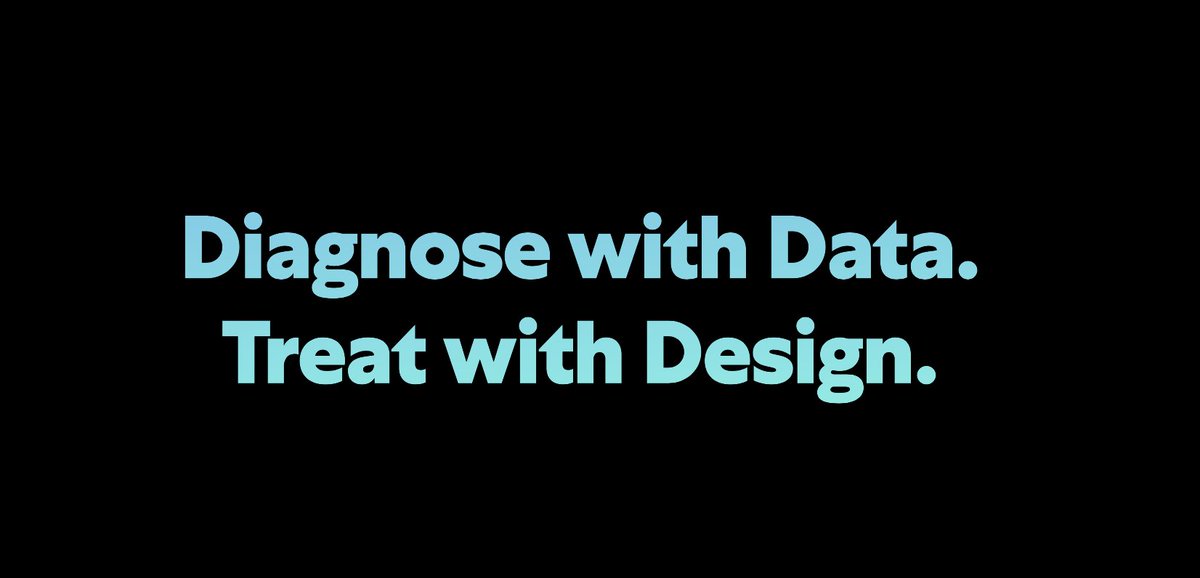
Seven incredibly non-intuitive things about growing your career, a thread 👇
The people whose careers you admire and study the most are the ones your own career starts to emulate.
This seems like a great thing, until you realize along the way the downsides that come with that kind of career.
Every glamour has its price.
(1/7)
This seems like a great thing, until you realize along the way the downsides that come with that kind of career.
Every glamour has its price.
(1/7)
We think the most confident person in the room is the one who sounds the most polished and certain.
In reality, the most confident person is the one who most readily admits and accepts *all* their flaws / mistakes.
Imagine how secure one must feel to do that.
(2/7)
In reality, the most confident person is the one who most readily admits and accepts *all* their flaws / mistakes.
Imagine how secure one must feel to do that.
(2/7)
It's easy to worship at the alter of productivity and focus.
But the more focused you are on something, the less creative you become. Focus is by definition narrowing. You block out serendipitous connections.
If you want to innovate, you must make the space for it.
(3/7)
But the more focused you are on something, the less creative you become. Focus is by definition narrowing. You block out serendipitous connections.
If you want to innovate, you must make the space for it.
(3/7)
Worrying about asking dumb questions or saying the wrong thing leads us to bite our tongues.
But managers usually think most highly of reports who proactively ask questions and share their perspectives.
You have far more to gain than lose in using your voice.
(4/7)
But managers usually think most highly of reports who proactively ask questions and share their perspectives.
You have far more to gain than lose in using your voice.
(4/7)
In an effort to not impose on others, we don't ask for help or we make our asks vague ("Can I get time with you?")
In fact, many people do want to help, and it's easier for busy folks to say yes if your ask is specific ("Could I ask for 30 min to get your take on NFTs?")
(5/7)
In fact, many people do want to help, and it's easier for busy folks to say yes if your ask is specific ("Could I ask for 30 min to get your take on NFTs?")
(5/7)
The mistakes you're most worried about are unlikely to be the ones you make. You'll err on the opposite end instead.
For example, if you're incredibly worried about offending people, you'll rarely do that, but you'll probably avoid giving critical, honest feedback.
(6/7)
For example, if you're incredibly worried about offending people, you'll rarely do that, but you'll probably avoid giving critical, honest feedback.
(6/7)
We think strength is self-sufficiency— achievement without reliance on others.
We think that if someone else gains, we lose.
But intertwined, we all go further. This is the secret of Silicon Valley.
Help others, ask for help, and collective strength multiplies.
(7/7)
We think that if someone else gains, we lose.
But intertwined, we all go further. This is the secret of Silicon Valley.
Help others, ask for help, and collective strength multiplies.
(7/7)
• • •
Missing some Tweet in this thread? You can try to
force a refresh



